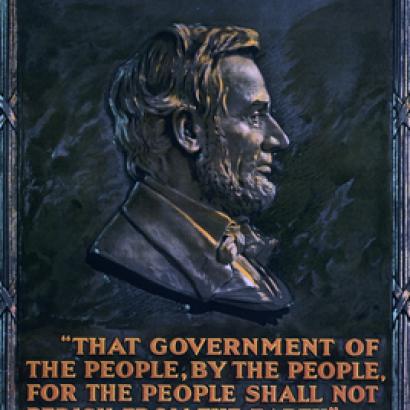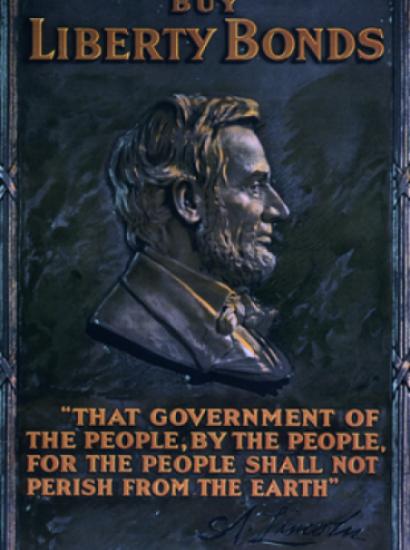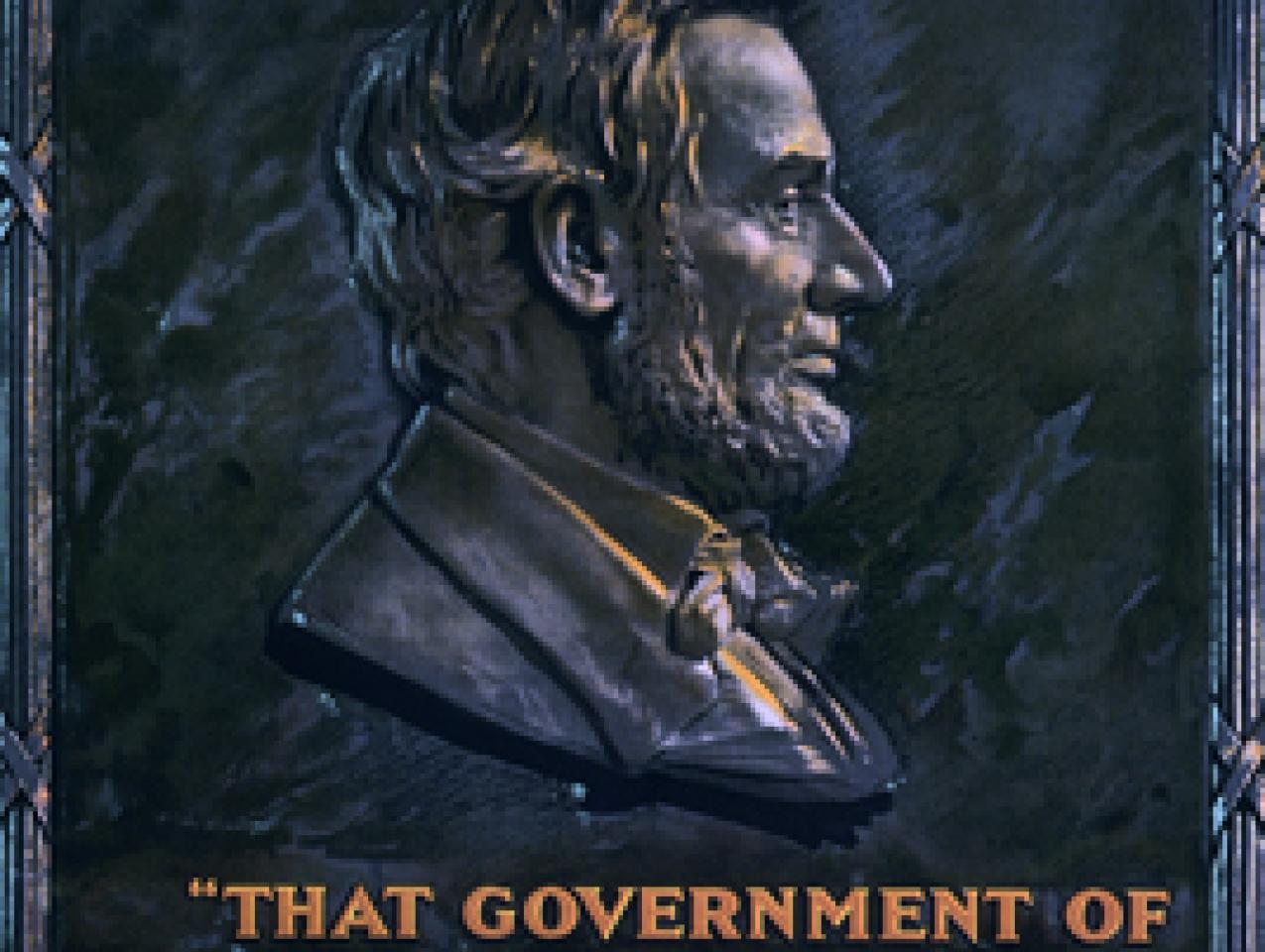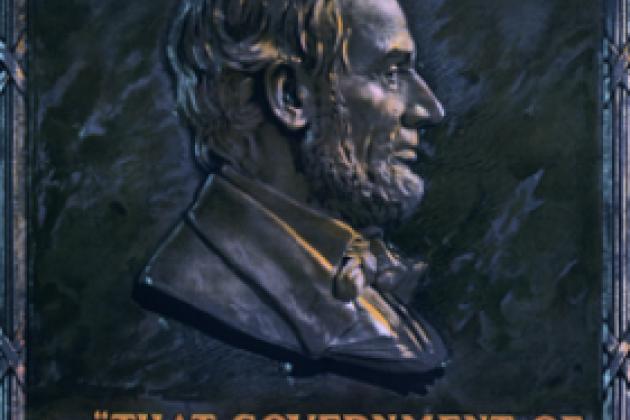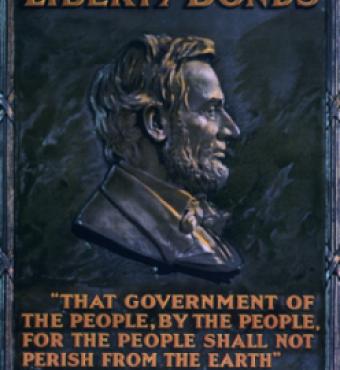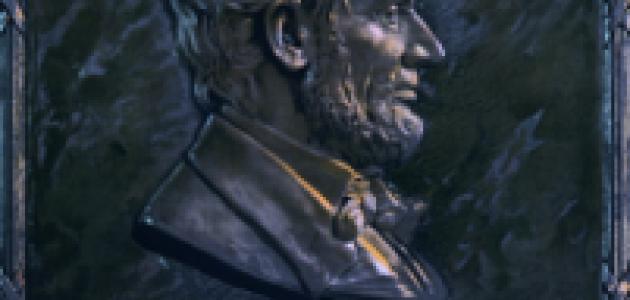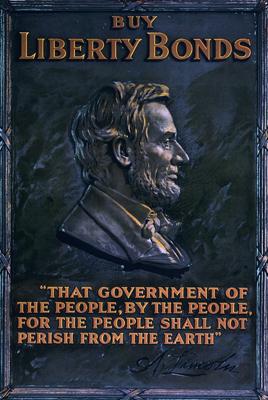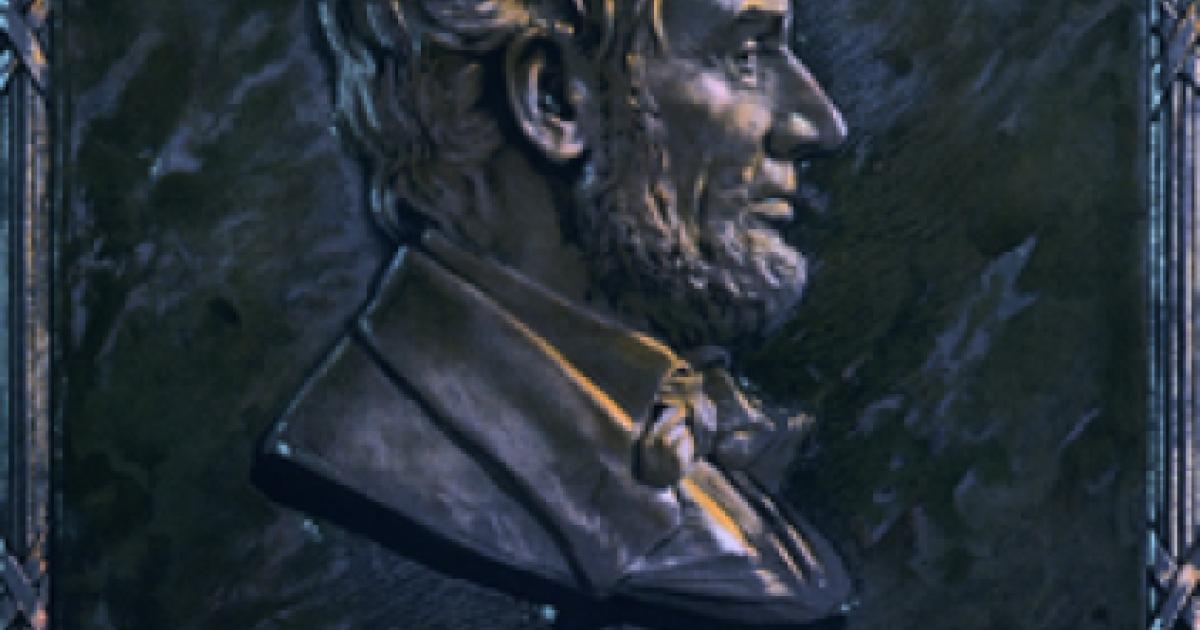- International Affairs
- US Foreign Policy
- History
- Contemporary
- US
- World
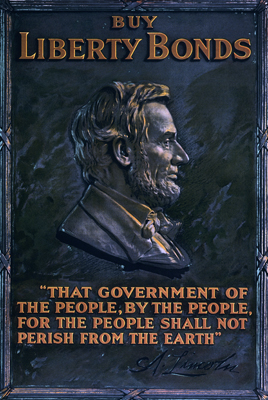
Last Saturday’s boisterous, civil, transparent, and efficient election in Taiwan marks yet another triumph of the first true democracy in a Chinese society. This election, which resulted in a landslide victory for the opposition Democratic Progressive Party [DPP]’s Tsai Ing-wen over the incumbent Nationalist Party [KMT]’s Eric Chu, is the sixth open and direct election in Taiwan and the third peaceful transition of power from one political party to another.
As the oldest and most sophisticated modern democracy in history, the United States supplied the most meaningful inspiration for the original idea of a democracy in China under a Chinese republic. In particular, Abraham Lincoln, the 16th president of the United States, has had a powerful and direct influence over the genesis and development of Chinese democracy, for the Great Emancipator not only liberated black slaves in his own country, but also provided crucial inspiration for Chinese democrats to free the Middle Kingdom from its autocratic past and old institutions.
One hundred years ago, Dr. Sun Yat-sen, the father of modern China and founder of the Republic of China now in Taiwan, laid out his founding principles for the new nation as the Three Principles of the People. Essentially, Dr. Sun’s Three Principles of the People is a direct Chinese interpretation of Abraham Lincoln’s immortal phrase in the Gettysburg Address that pronounced the three purposes and missions of the American democracy: “government of the people, by the people, for the people.”
In fact, the Taiwan Constitution draws a direct parallel between Dr. Sun’s vision and President Lincoln’s ideals.
The opening line of the Constitution, first promulgated in 1947 and still in effect, says it all: “Article I: The Republic of China, founded on the Three Principles of the People, shall be a democratic republic of the People, by the People, and for the People.”
In contrast, communist China in the mainland is a state built on Marxist-Leninist theories. It is a government over the people, despite the people, and above the people. The corresponding paragraph in Communist China’s Constitution illustrates the telling difference: “Article I: The People's Republic of China is a socialist state under the people’s democratic dictatorship led by the working class and based on the alliance of workers and peasants. The socialist system is the basic system of the People’s Republic of China. Disruption of the socialist system by any organization or individual is prohibited.”
But this doesn’t necessarily translate into a poverty of what the late China scholar Alan Wackman called “Lincolnophilia” in the communist state. On the contrary, Abraham Lincoln is the most quoted, or more accurately, most misquoted, former American president by the Chinese communist leaders in one particular aspect: Lincoln’s willingness to wage a war against the rebellious South to preserve the integrity of the nation. Simply put, Chinese leaders have rarely missed an opportunity to lecture American leaders on the necessity to “liberate Taiwan” to preserve the territorial integrity of the motherland, just like what Lincoln did to preserve the Union.
Former supreme leader Jiang Zemin was featured numerous times in Western media reciting the text of Lincoln’s Gettysburg Address in English, with his annotations to support China’s use of force to “liberate” Taiwan. Former Chinese Premier Zhu Rongji also told President Bill Clinton in 1999 that, “Abraham Lincoln, in order to maintain the unity of the United States and oppose independence of the Southern part…resorted to the use of force and fought a war...So I think Abraham Lincoln…is a model.” China’s immediate past premier Wen Jiabao cited Lincoln’s phrase that “a house divided against itself cannot stand” to justify China’s “Anti-Cessation Law,” and used the reference again in the White House during a visit in 2003.
But none of the Lincoln references used by Beijing’s leaders is accurate because Lincoln’s use of force to preserve the Union was taken out of context. Numerous communist leaders have preferred to quote only the first part of Lincoln’s immortal sentence written in 1858 that “A house divided against itself cannot stand,” but completely neglected to mention Lincoln’s punch line, i.e., the second half of the same quote: “I believe this government cannot endure, permanently half slave and half free.”
The first part of Lincoln’s quote points to a phenomenon that a divided house could not stand, but the second part explains the reason why the phenomenon exists. Unless you wipe out the uncompromising incompatibility between liberty and slavery, or in the context of a Chinese-Taiwanese struggle, between freedom and communism, the house will remain divided with regular intervals.
In other words—and here is what the Chinese leaders are loath to hear—Abraham Lincoln would resolutely oppose the “One Country, Two Systems” scheme that has been the guiding vision of Beijing’s policy toward Taiwan. Just like he was thoroughly convinced that slavery and freedom could not co-exist forever, Lincoln would have fully endorsed Taiwan’s freedom and democracy and opposed China’s oppression and dictatorship.
Which explains last Saturday’s landslide victory of the opposition DDP’s candidates across the island democracy—voters in Taiwan have been profoundly disturbed by the ruling KMT President Ma Ying-jeou’s China-friendly policies in recent years and overwhelmingly elected a new president and her cohorts in the legislature who emphatically prefer Taiwan’s freedom and democracy to any further movement closer to an autocratic country without Lincolnesque virtues.







